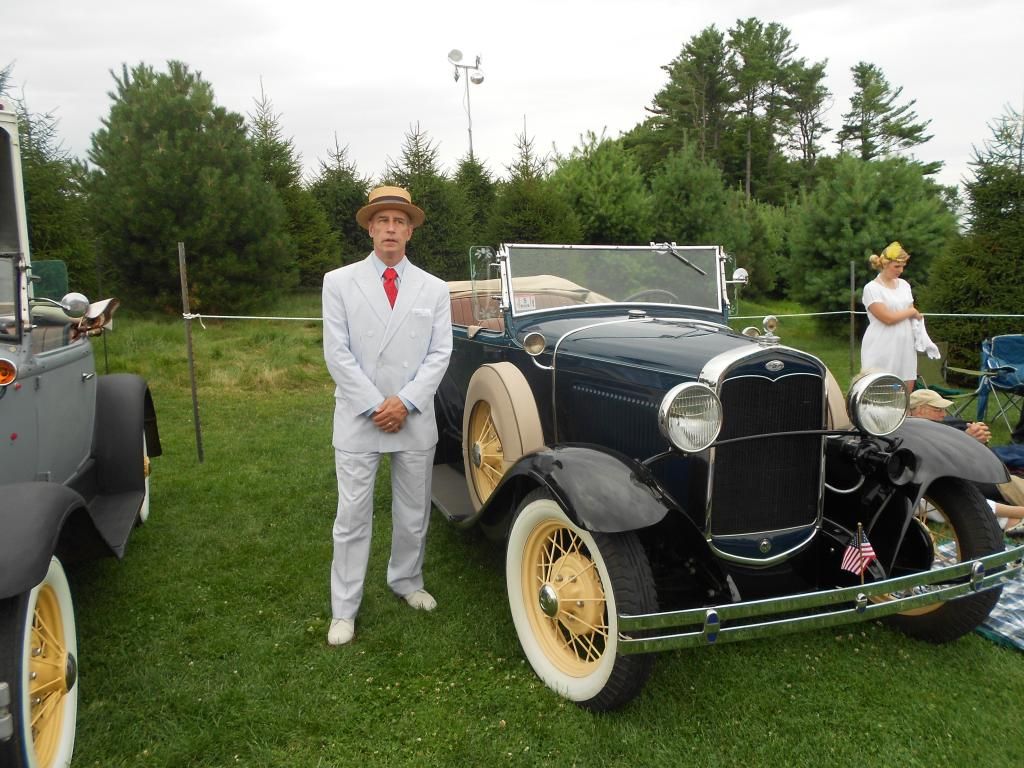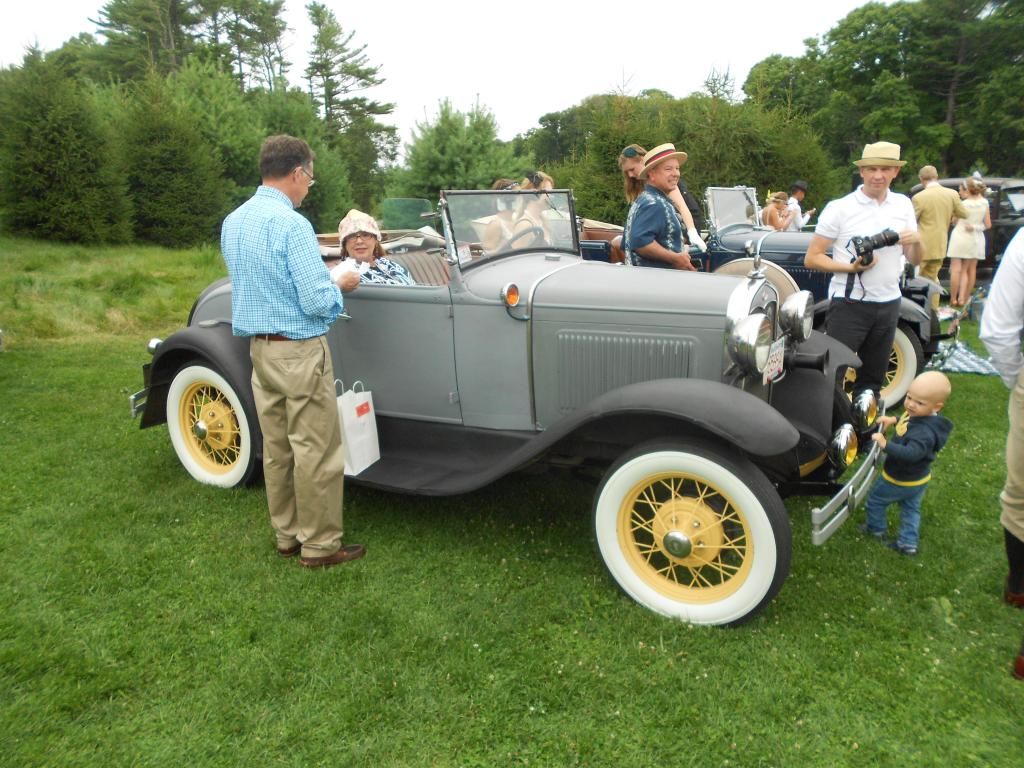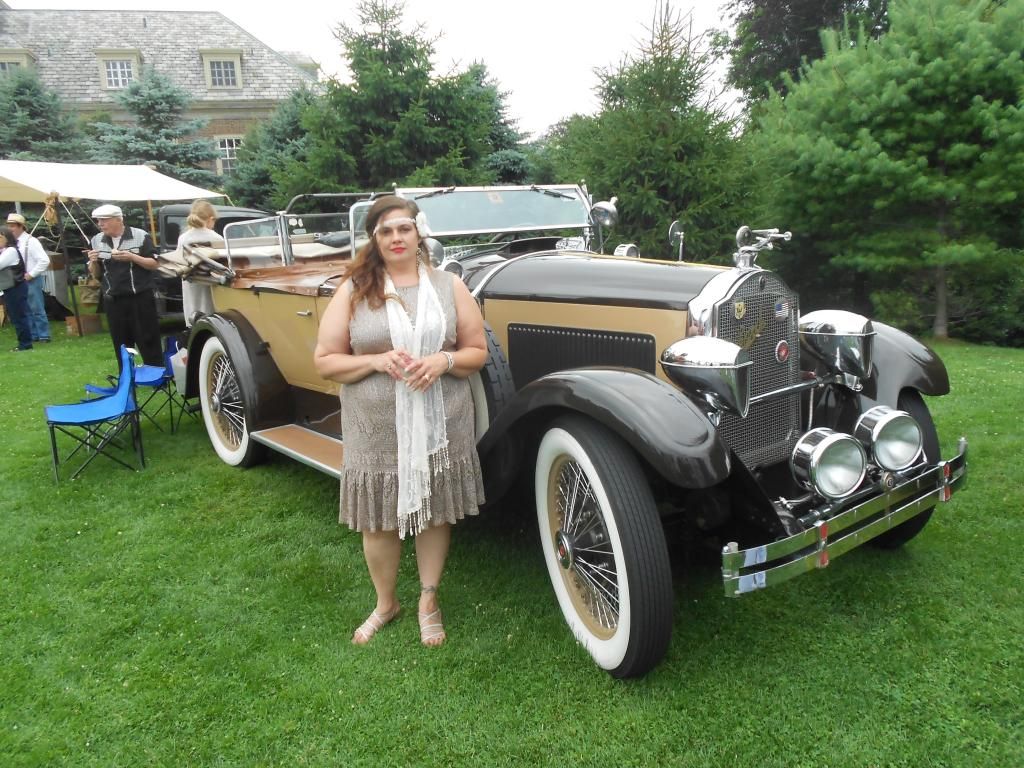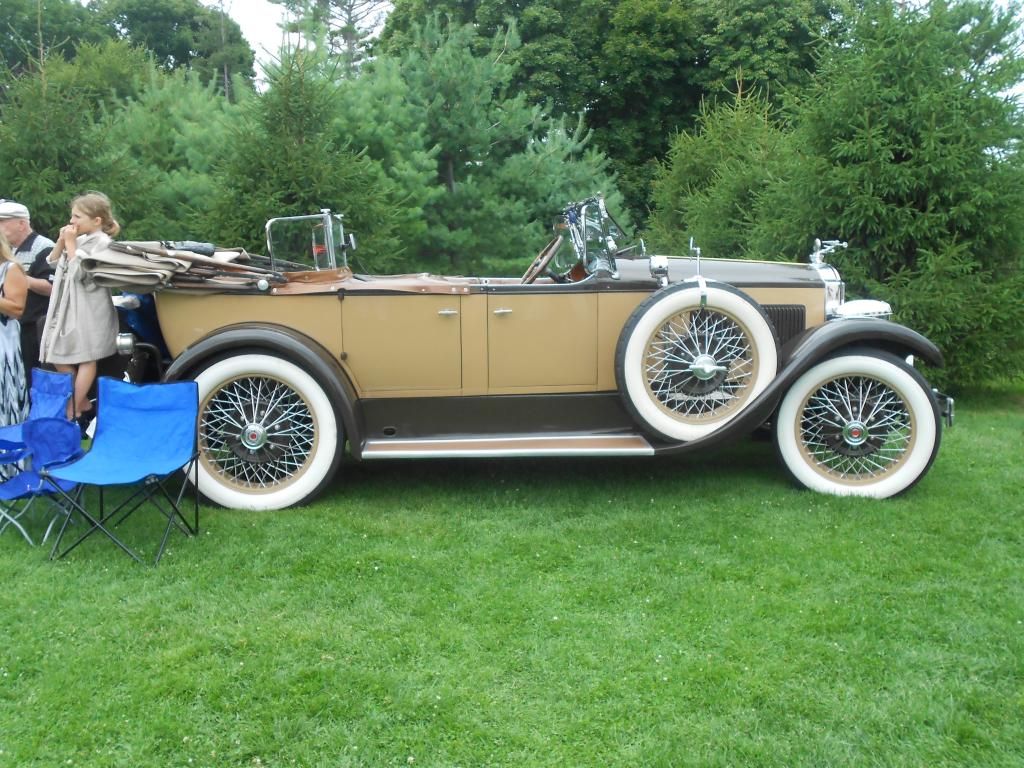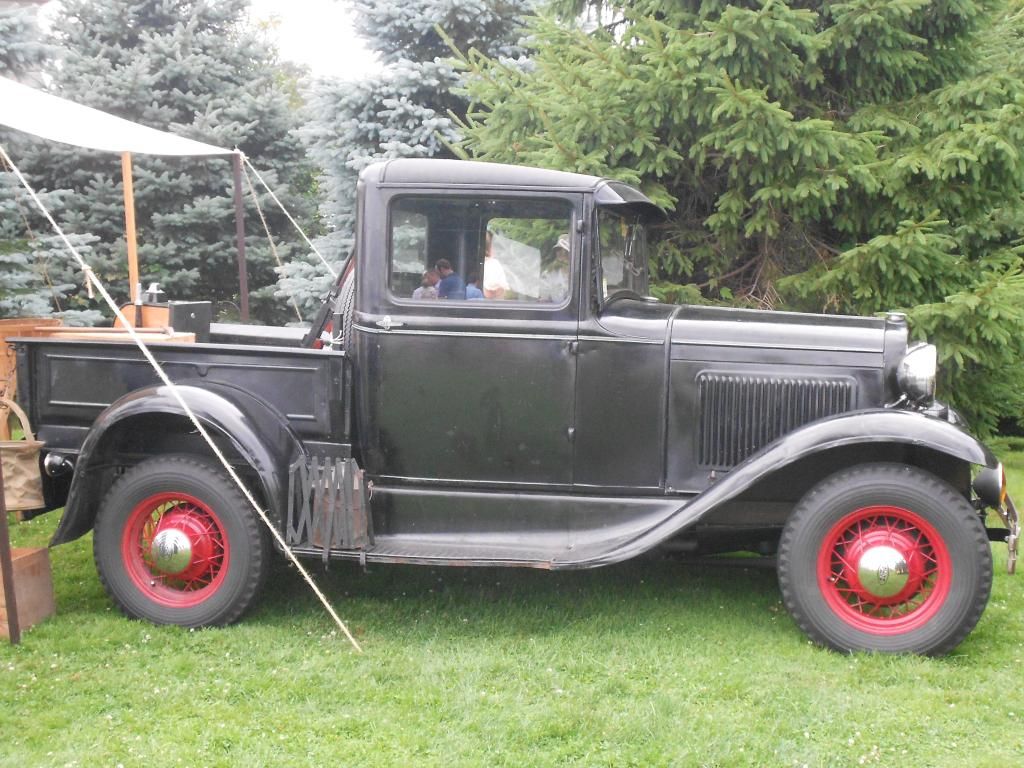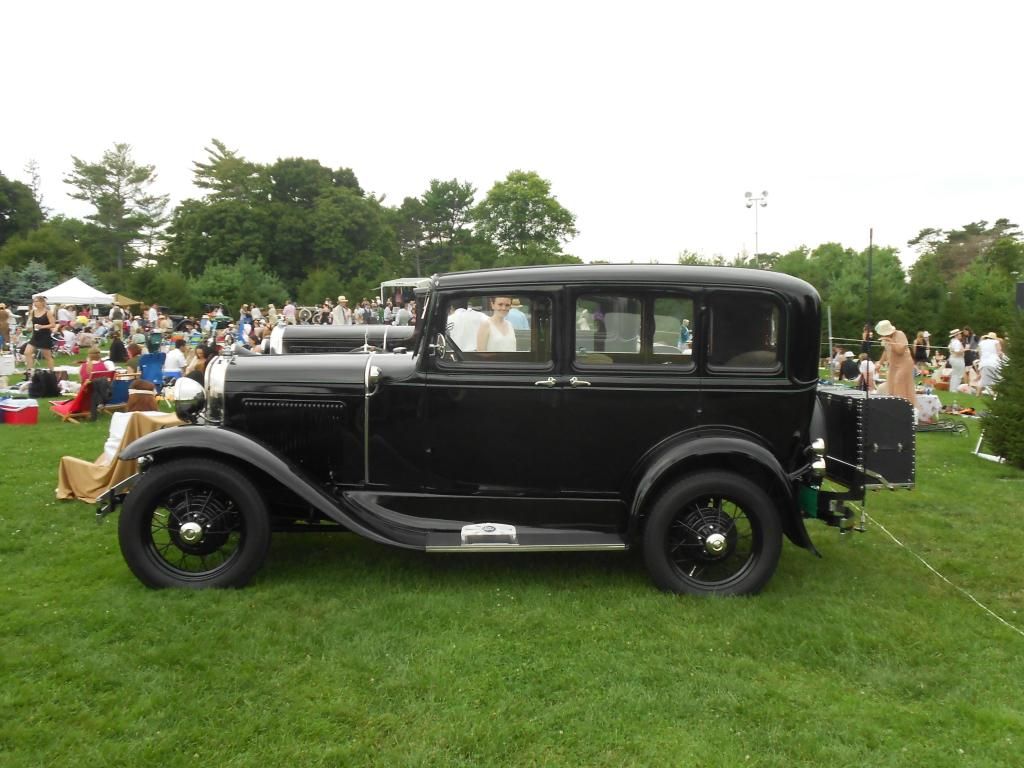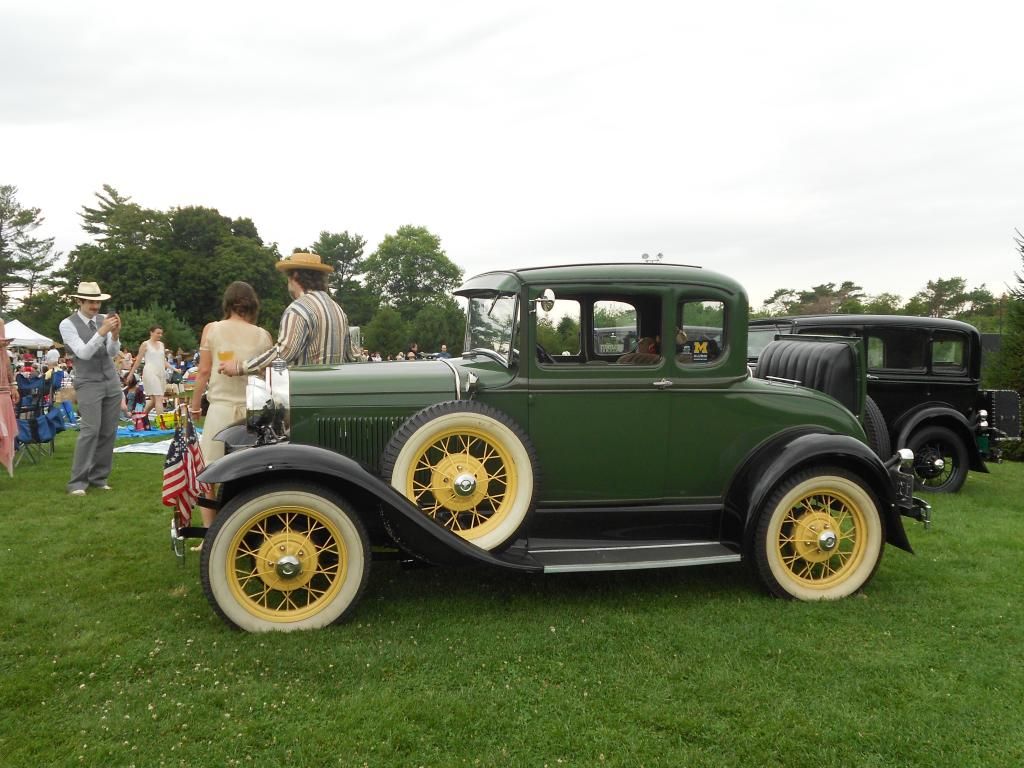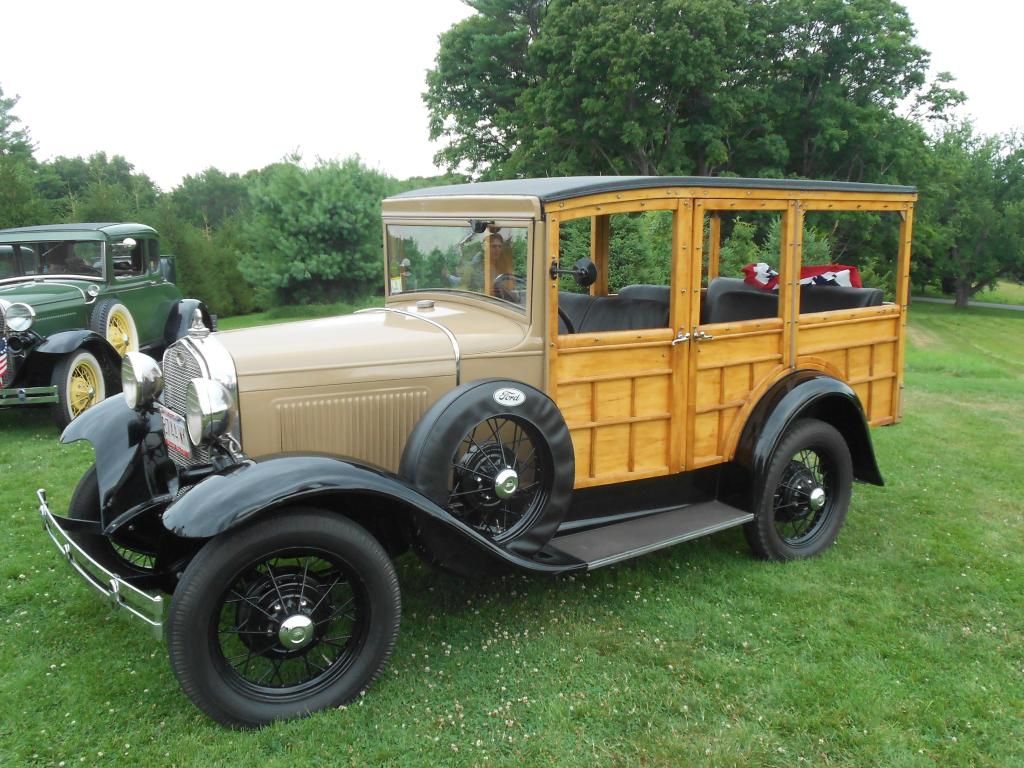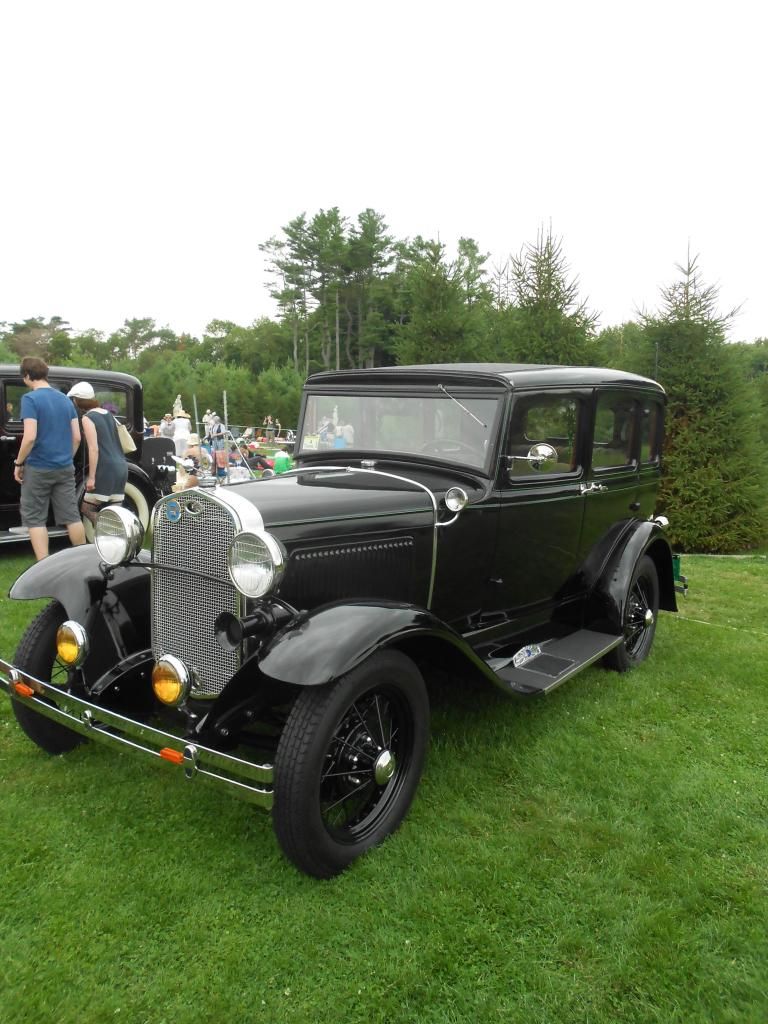- Messages
- 10,059
- Location
- New Forest
Speaking of brakes, here's a new one: over the past few days my brakes have started to feel spongier than usual, and today I finally got a few minutes to check them, and there wasn't a drop of brake fluid in the master cylinder reservoir. I know it was full when the brake lines were replaced in early June, and I've been driving it constantly ever since, even though I've had a back-of-my-mind feeling that it was taking more force to brake than I was used to.
But -- there is no sign that I could see of brake fluid leakage. No new spots on the garage or driveway floor, no sign of fluid dribbling down the sides of the tires or around the back of the wheels, the bleeding nipples all seem tight, and the master cylinder itself didn't feel any wetter/greasier than usual. So where did the brake fluid *go?*
Where did the brake fluid go indeed? I experienced almost similar symptoms in my car a couple of months ago. I too had noticed that braking was a case of heavy footed pressure. Then one Sunday, I took the car down a particularly steep hill and horrors, the brakes were not enough to stop it. The handbrake had helped slow it to about 15 or so mph, and just as I approached a junction, a gap in the traffic appeared, just managed to get into that space safely.
Later, in the workshop, an inspection of the brakes showed the front offside seal had perished and brake fluid was leaking into the wheel between the drum and the brake. The fluid was the reason the brakes were less efficient and the heat generated by the braking was causing the fluid to evaporate, which is why I couldn't detect a leak on the garage floor.
I had the seals on all the brakes replaced and haven't had a spot of bother with it since. But it was a seriously clenched buttock moment at the time.



